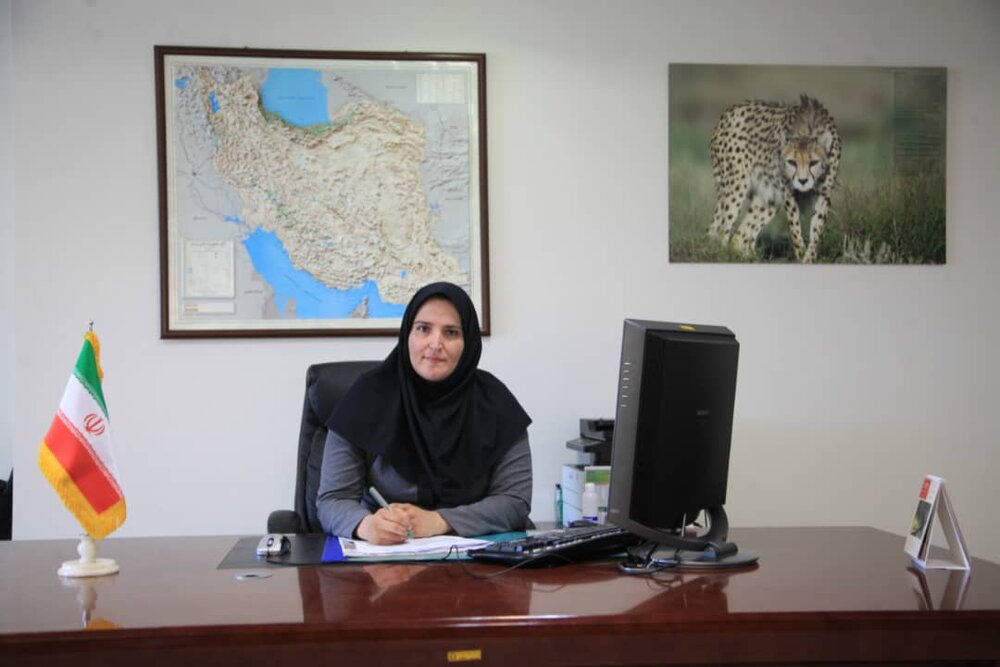'One Health' approach needed to link human, animal and planetary health, Iran suggests

TEHRAN – The environmental dimensions should be integrated into the 'One Health' approach, strongly linking human, animal, and planetary health, deputy director of the DOE said, adding that key intergovernmental organizations and governments have strong commitments towards the protection of ecosystems.
Narges Saffar, chief of the DOE’s international affairs department, made the abovementioned remarks in a statement at the meeting of the high-level political forum on sustainable development held on July 7-16, under the auspices of the Economic and Social Council.
The statement reads as follows:
Since then, COVID-19 has seen the drivers of prosperity and the mechanisms achieve the sustainable development goals (SDGs), become disconnected. Global trade routes, financing flows, and the movement of people around the globe for business, tourism, and study have been disrupted. We believe that transparent and clear data on the causes and impacts of COVID-19 will ensure that we can, as a global community, commit to addressing these issues together and build back better.
This is important to identify how to improve in the future in order to make entry points as real “accelerators” for the implementation of the SDGs.
On the other hand, infrastructure systems are drivers of economic growth and enable access to basic services and economic opportunities that improve livelihoods and well-being. Rebuild our economy builds a positive future.
In the post-COVID-19 context, infrastructure investments are likely to play an important role in the socio-economic recovery and government stimulus packages such as creating jobs. So, it is important too that infrastructure investments can be used to achieve national sustainable development objectives and Policy- and decision-makers can help to shape the good practice guidance framework by providing input and feedback as to how it can be of use in enabling sustainable infrastructure investments.
The third and final point is related to the international community, who has the opportunity to strengthen the integration of environmental dimensions into the 'One Health' approach, strongly linking human, animal and planetary health. Undoubtedly key intergovernmental organizations and governments have strong commitments towards the protection of ecosystems,
The current fragmentation of environmental multilateralism, including climate change architecture, which is incompatible with the interdependencies between global environmental problems. The environment should not be relegated to a secondary status in the multilateral system.
The theme was "Accelerated action and transformative pathways: realizing the decade of action and delivery for sustainable development ".
The HLPF annual meeting is the core United Nations platform for follow-up and review of the 2030 Agenda for Sustainable Development and its 17 Sustainable Development Goals.
In the 2020 HLPF, participants debated where we stand on the SDGs in light of the impact of the COVID-19 pandemic. They reflected on how the international community can respond to the pandemic in a way that puts us back on track to achieve the SDGs and accelerate progress during the decade of action and delivery for sustainable development.
Some 47 countries carried out voluntary national reviews (VNRs) of their implementation of the 2030 Agenda in the 2020 HLPF.
FB/MG
Leave a Comment